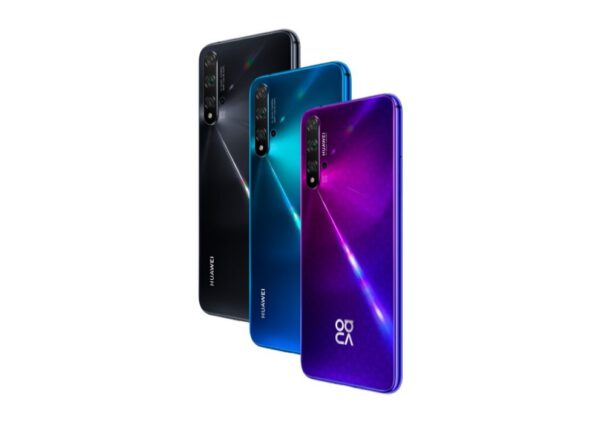Chief AI Scientist at Meta, Yann LeCun said that in the next 10-15 years we won’t have smartphones and will be using augmented reality glasses and bracelets to interact with intelligent assistants.
The last thing we might want is intelligent virtual assistants that help us in our daily lives. So today all of us here are carrying a smartphone in our pockets, 10 years from now or 15 years from now we’re not going to have smartphones anymore, we’re going to have augmented reality glasses”, said LeCun.
Microsoft recently announced Phi-3, a compact yet powerful language model boasting an impressive 3.8 billion parameters. What sets Phi-3-Mini apart is its ability to operate directly on your smartphone, marking a significant leap forward in accessibility and convenience.
In 2022, Nokia CEO Pekka Lundmark predicted that smartphones may not stay relevant in 2030. During the World Economic Forum, Lundmark said, “By then, definitely the smartphone as we know it today will no longer be the most common interface. Many of these things will be built directly into our bodies.”
As technology evolves, innovations like the Limitless AI Pendant and WIZPR Ring are launched to harness the power of AI and interact with large language models.
While Humane AI spent the last year making the case that the Ai Pin will replace smartphones, allowing people to interact more with the real world, it received a mixed reaction.
But by striking a balance between wearables, AI, and data privacy, the full potential of these technologies can be unlocked while prioritizing responsible and ethical handling of personal data.
Now, next in line is Elon Musk’s Neuralink, which is working on producing electronic devices that can be implanted into the brain and used for communication with machines and other individuals. They look forward to making it as common as a smartphone, further opening up a world of possibilities for both medical and technological advancements.
